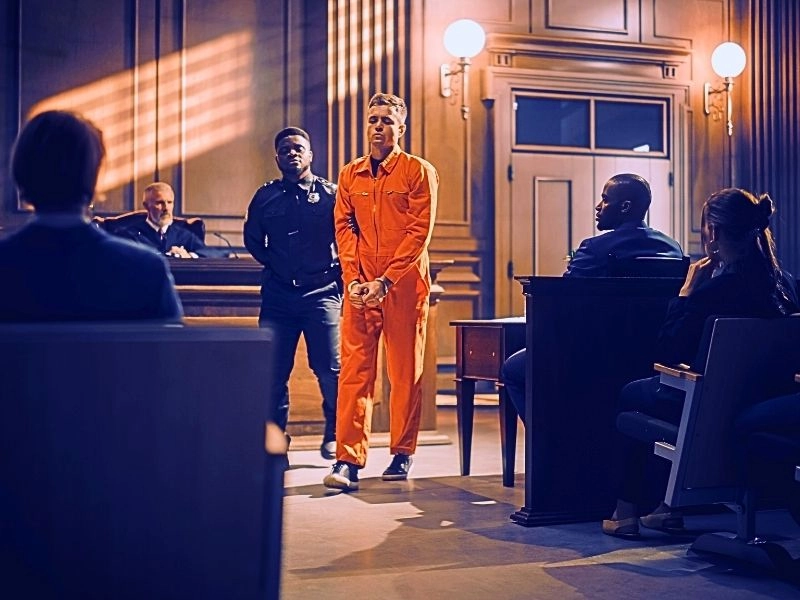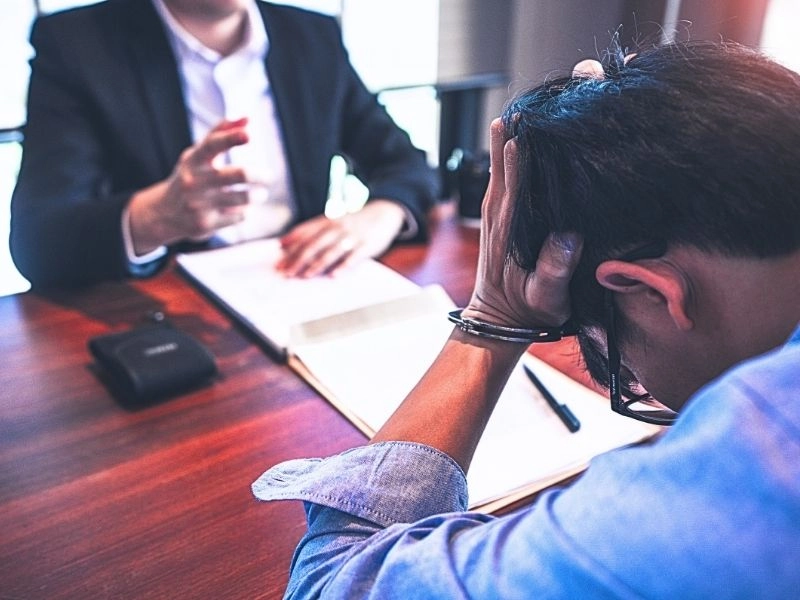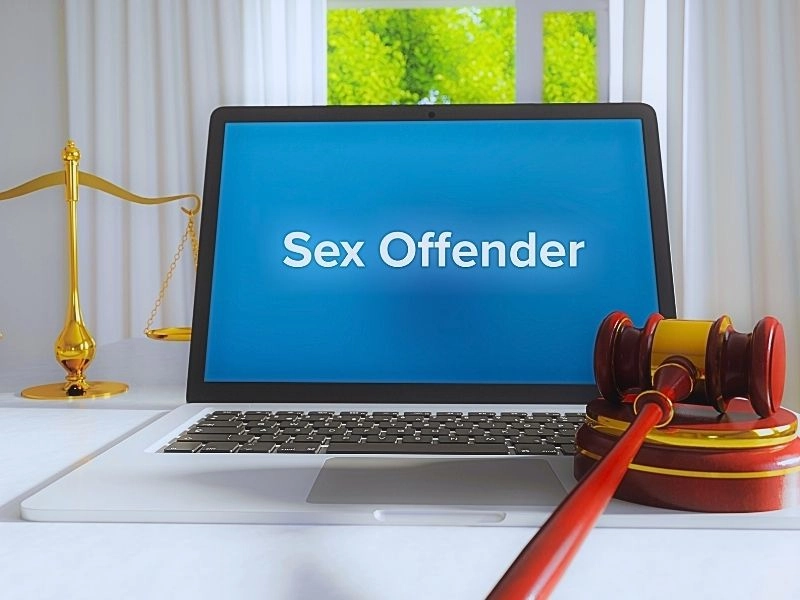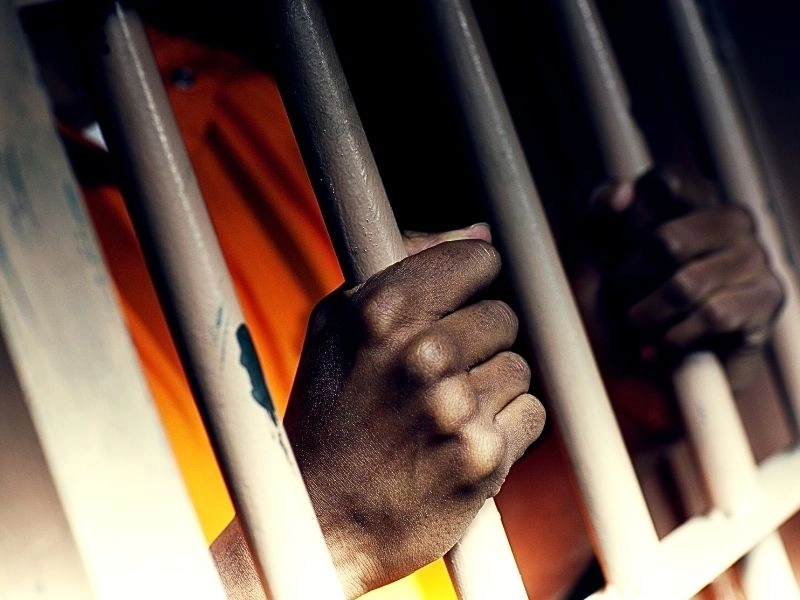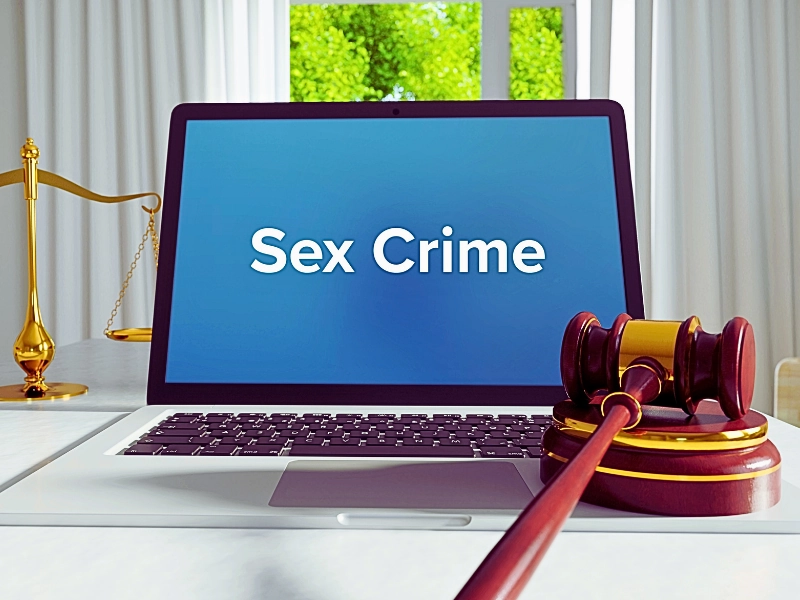Blog
Figuring out what to do after you get a speeding ticket is crucial to minimize its impact on your driving record and finances. Understanding the consequences and available courses of action is essential in making informed decisions to address this situation effectively. In this guide, we'll delve into the repercussions of a speeding ticket in Minneapolis, MN and explore various options, including paying the fine, attending traffic school, contesting the ticket in court, and seeking legal representation.
Delving into the strategies of contesting a ticket can be instrumental in mitigating its impact. Knowing how to get out of a traffic ticket in Minnesota entails a deep dive into the state's traffic laws, understanding common citations, and preparing to challenge the allegations. From deciphering the nuances of Minnesota's traffic regulations to gathering compelling evidence and navigating the courtroom procedures, mastering each step plays a pivotal role in seeking a favorable resolution.
People accused or under investigation for murder in Minneapolis, MN, might wonder: Is first or third degree worse? You may face murder in the first degree for allegedly contemplating or planning to end someone’s life. You may also face a first-degree murder charge for killing someone during a sexual assault, aggravated assault, or terrorism act.
A criminal conviction can significantly affect your life, both at the personal and community level. Securing a job, housing, student loan, or travel permit may become difficult. Damage to personal and professional relationships and mental health problems can also stem from the conviction.
The alternatives to prison in Minneapolis, Minnesota, include probation, drug courts, mental health courts, and restorative justice programs. These alternative sentences are usually offered to people found guilty of committing crimes. They reduce recidivism, save money, keep families together, and help rehabilitate offenders.
Understanding what crimes require sex offender registration in Minnesota may help you protect your rights and your future after an arrest. From sexual assault to offenses involving minors, various crimes that are sexual in nature necessitate registration as a sex offender, among other penalties, for those convicted.
Facing allegations of sex offender crimes in Minnesota initiates a complex legal process. Navigating this process to a favorable outcome often requires strategic handling of legal proceedings, a thorough understanding of the system, and proactive steps toward a robust defense.
In Minnesota, a sex crime encompasses a range of offenses with serious legal implications. Understanding the sex crime definition is crucial. If you are under investigation or have been charged with a sex offense, you need concise, actionable information.




